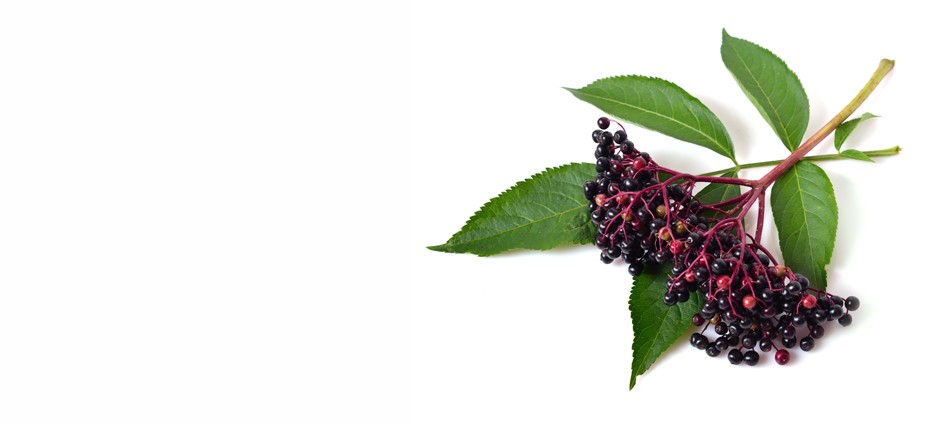› Health benefits
Although some preliminary research indicates that elderberry may relieve flu symptoms, the evidence is not strong enough to support its use for this purpose.
A few studies have suggested that combination products containing elder flower and other herbs might be helpful for sinusitis, but because the products contain multiple ingredients, it’s unclear what role, if any, elder flower plays in their effects. There’s not enough information to show whether elder flower and elderberry are helpful for any other purposes.
Researchers funded by the National Center for Complementary and Integrative Health are studying the antioxidant effects of extracts from elderberry and their possible relevance to the body’s defense against infection.
› How much do I need?
The dosage varies depending on age and what it is being used for. Be sure to follow relevant directions on product labels, and consult your pharmacist, physician or other healthcare professional before using.
The leaves, stems, raw and unripe berries, and other plant parts of the elder tree contain a toxic substance and, if not properly prepared, may cause nausea, vomiting and severe diarrhea. Because the substance may also be present in the flower, consuming large amounts of the flower might be harmful; however, no illnesses caused by elder flower have been reported.
› Dietary supplements
The dried flowers and the dried ripe or fresh berries of the European elder tree are used in teas, extracts and capsules.
Source: National Center for Complementary and Integrative Health
Please consult your health care provider before making changes to your vitamin/supplement regimen.


